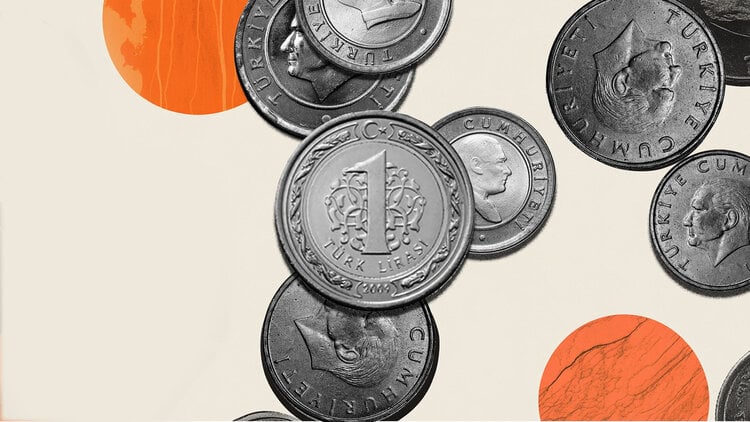Starting the day with a hot cup of caffeinated coffee or tea may seem divine to some, but it can have negative impacts on the children of pregnant people, according to a new study.
Children who were exposed to small amounts of caffeine before birth were, on average, shorter than children of people who did not consume caffeine during pregnancy, according to the study published in JAMA Network Open.
Children of parents who consumed caffeine while in the womb were shown to be shorter in stature at age 4 than those whose parents did not consume caffeine — and the gap widened each year until age 8, according to the study’s lead author, A. Dr. Jessica Gleason, perinatal epidemiologist.
“To be clear, these aren’t big differences in height, but there are small differences in height between the children of people who consumed caffeine during pregnancy,” said Gleason, a researcher in Child Health and Human Development at the Eunice Kennedy Shriver National Institute.
The American College of Obstetricians and Gynecologists currently recommends limiting caffeine consumption to less than 200 milligrams per day during pregnancy.
For context, a mug of caffeinated tea typically has about 75 milligrams of caffeine, a mug of instant coffee has about 100 milligrams, and a mug of filtered coffee has about 140 milligrams, according to the Cleveland Clinic. And even chocolate has about 31 milligrams of caffeine.
The differences found in the most recent study were recorded even in children of parents who drank less than half a cup of coffee a day during pregnancy — well below current guidelines, Gleason said. It is unclear whether this study effectively shows the relationship between maternal caffeine consumption and child height, according to Dr. Gavin Pereira, professor of epidemiology and biostatistics at Curtin University in Australia. Pereira did not participate in the study.
“The correlation observed in this study could be explained by the existence of a common cause of caffeine consumption and growth restriction, for example, poverty, stress and dietary factors,” Pereira said in a statement to the Science Media Center.
Why the concern about short stature?
If shorter height in early childhood persisted into adulthood, there would be a chance that these children would face the risk of poor cardiometabolic outcomes such as heart disease and diabetes, which are associated with shorter height. But there’s still no way of knowing whether the difference would persist into adulthood, and studies like this one, which focus on population outcomes, are no reason for individual families to panic, Gleason said.
These population-level trends should be taken in conjunction with other surveys so that organizations reassess their recommendations, the researcher pointed out.
In the past, there had been inconsistent studies on whether caffeine consumption during pregnancy affected the fetus, but evidence has gathered in recent years, Gleason said.
A 2015 meta-analysis that reviewed all existing research found that there is a dose-response association between caffeine consumption and smaller birth size. And a 2020 study revealed that there is no safe level of caffeine for a developing fetus.
How to cut caffeine
Some people may want to cut back on caffeine – and then find that easier said than done. Remember, caffeine is found in coffee, tea, soda and energy drinks, as well as cocoa and chocolate. It is also present in fortified snacks, some energy bars and even some pain relievers.
A 2016 Johns Hopkins University study found that it was helpful when subjects identified situations or moods in which they are more likely to crave caffeine so they could avoid situations that trigger cravings, especially during the first few weeks of modifying caffeine use.
Caffeine drinkers may also have a plan in place for when cravings occur, such as taking a five-minute relaxation break involving deep breathing exercises.
Remember to always discuss any major lifestyle or diet changes with your doctor first, as the changes may affect your mood or medical conditions.
Source: CNN Brasil
I am an experienced journalist and writer with a career in the news industry. My focus is on covering Top News stories for World Stock Market, where I provide comprehensive analysis and commentary on markets around the world. I have expertise in writing both long-form articles and shorter pieces that deliver timely, relevant updates to readers.







